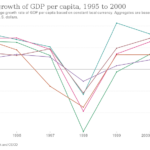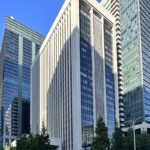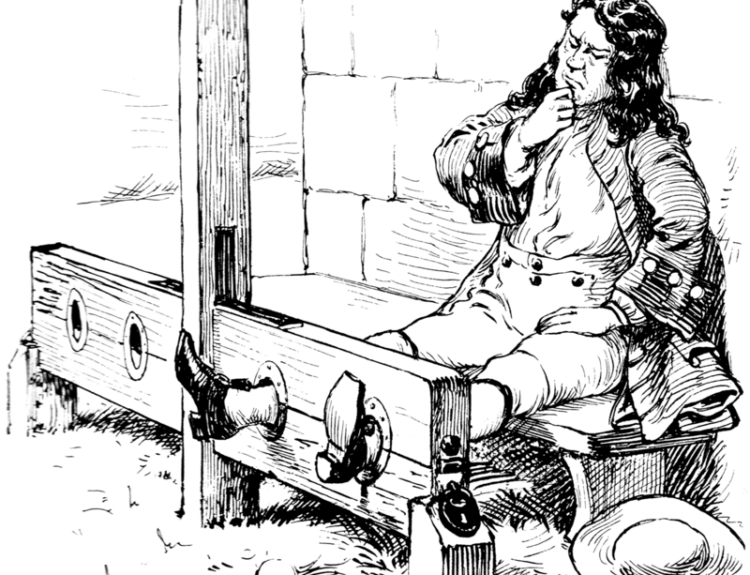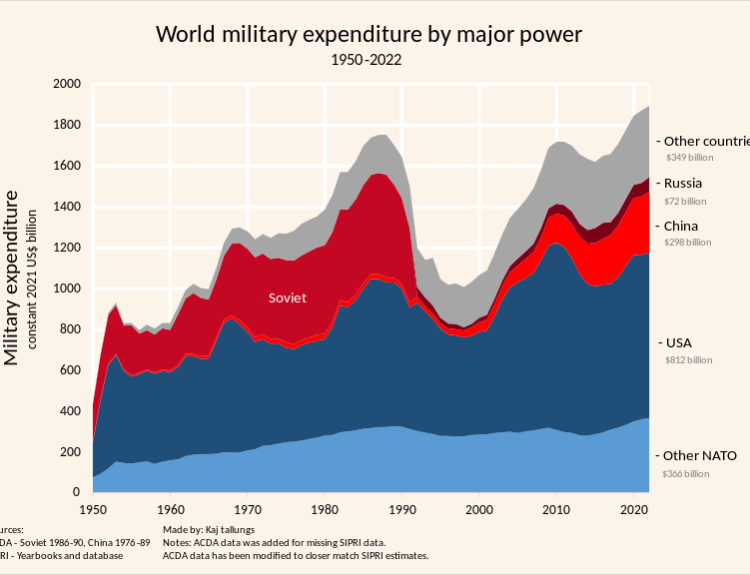Why UBS’s forecast for interest rates differs from the rest of Wall Street
- UBS economists predict interest rates to fall to 2.75% by the end of next year
- UBS expects rates to further drop to 1.25% in Q1 2025
- Other firms have more optimistic forecasts for interest rates
- UBS attributes the gloomy forecast to the waning boost from COVID-era savings
- Credit is tightening and income growth is expected to slow
- UBS highlights weaknesses in the business sector of the economy
- UBS forecasts a gradual fade in inflation, with core PCE falling to 1.8%
- UBS believes the Fed will cut rates in March 2025
- UBS predicts a rising unemployment rate and more disinflationary forces
- The yield on the 2-year Treasury has been holding above 5%
UBS economists have made a stark prediction for interest rates, expecting them to fall to 2.75% by the end of next year and further drop to just 1.25% in the first quarter of 2025. This forecast stands in contrast to other firms, which have more optimistic outlooks. UBS attributes their gloomy forecast to the waning boost from COVID-era savings and tightening credit. They also highlight weaknesses in the business sector of the economy, such as contracting rig counts and falling manufacturing output. Additionally, UBS forecasts a gradual fade in inflation and believes the Fed will cut rates in March 2025. They predict a rising unemployment rate and more disinflationary forces to come. The yield on the 2-year Treasury has been holding above 5%.
Factuality Level: 7
Factuality Justification: The article provides information on the differing views of UBS economists compared to other firms and the Federal Open Market Committee regarding interest rates. It includes statements from the UBS team explaining their forecast based on factors such as savings, credit tightening, and the state of the economy. The article also mentions the UBS forecast on inflation and the unemployment rate. Overall, the article presents different perspectives and provides some data to support the arguments made.
Noise Level: 4
Noise Justification: The article provides some analysis of UBS economists’ view on interest rates and their forecast for the U.S. economy. However, it lacks depth and supporting evidence for their predictions. The article also includes some irrelevant information about savings and credit tightening that is not directly related to the main topic of interest rates. Overall, the article contains some noise and filler content.
Financial Relevance: Yes
Financial Markets Impacted: The article discusses the forecast for interest rates, which can impact financial markets and companies.
Presence Of Extreme Event: No
Nature Of Extreme Event: No
Impact Rating Of The Extreme Event: No
Rating Justification: The article focuses on the economic forecast for interest rates and does not mention any extreme events.
Public Companies: UBS (UBS), TD Securities (N/A), Bank of America (BAC), Goldman Sachs (GS)
Key People: Jonathan Pingle (N/A), Jerome Powell (Chair of the Federal Reserve)
Reported publicly:
 www.marketwatch.com
www.marketwatch.com 





